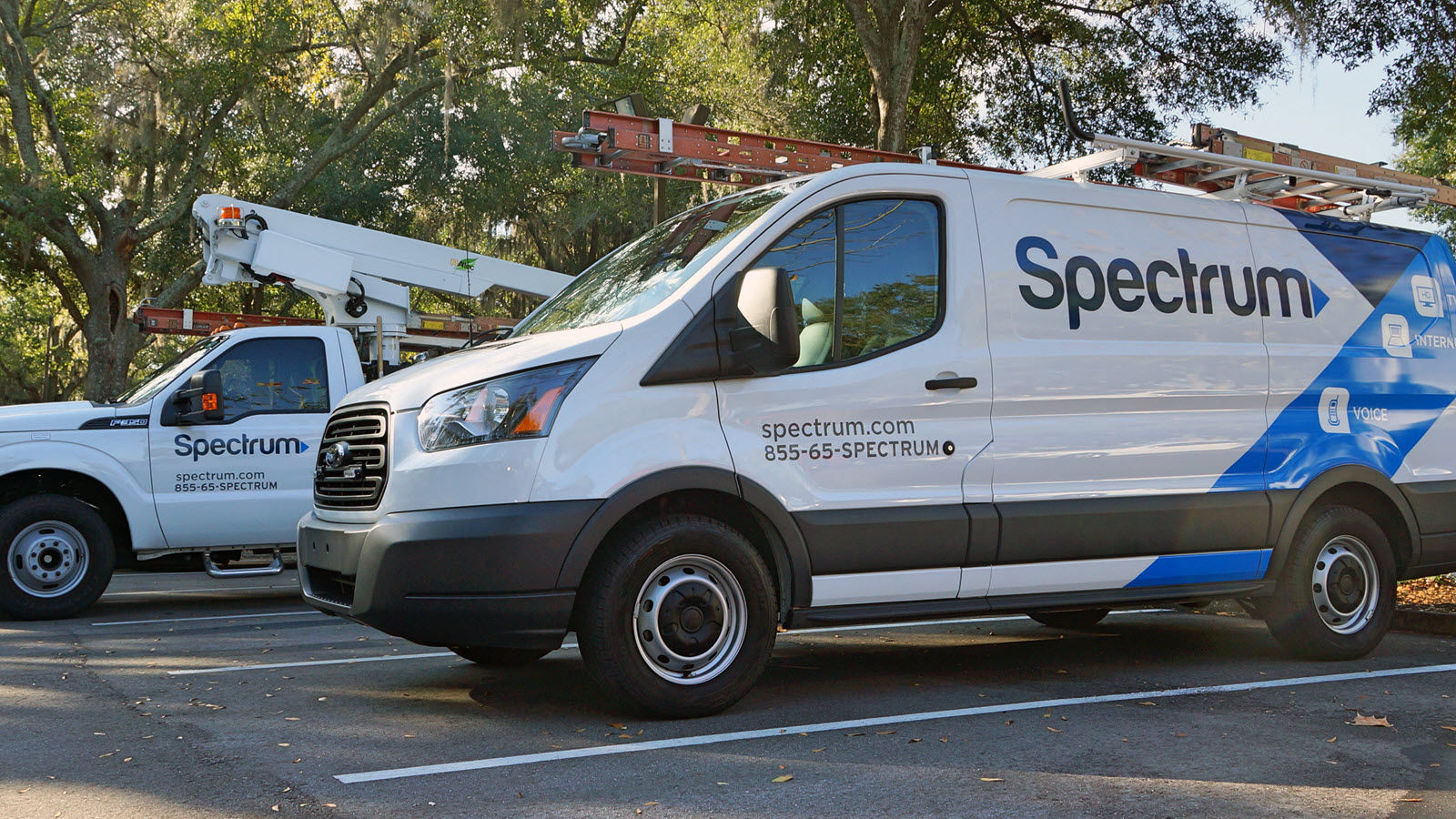Roku Petitions FCC to Deny Charter’s Request to Remove TWC Merger Conditions

The smarter way to stay on top of the multichannel video marketplace. Sign up below.
You are now subscribed
Your newsletter sign-up was successful
Roku has asked the FCC not to grant Charter Communications' request to end early deal terms tied to the cable company’s purchases of Time Warner Cable and Bright House Networks back in 2016.
Also read: Charter Seeking to Charge Video Companies for Interconnection
“In-home broadband internet access service is fundamental to full participation in all spheres of our digital world, and until there is effective competition throughout the country for terrestrial broadband internet access services, the Commission should remain vigilant against any efforts by internet service providers (“ISPs”) to weaken constraints on their power to implement anti-competitive measures,” Roku said in comments filed to the FCC Aug. 6.
Visit Next TV to read more stories like this one.
In June, Charter formally requested that conditions tied to its mega-merger, set to last seven years beyond a 2016 start date, be ended two years early.
Charter is seeking relief from a regulatory condition that requires it to offer to interconnect its IP network to any qualifying entity free of charge and on standardized terms.
Charter is also seeking restrictions on its ability to impose data caps and usage-based pricing on its customers.
The smarter way to stay on top of the multichannel video marketplace. Sign up below.
With these conditions in place, Charter was able to gain endorsement for its mergers from the biggest online video company of them all, Netflix.
In its June FCC filings, Charter conceded that the agency's reasoning for the conditions was based on protecting the “OVD” (online video distributor) marketplace. But that now robust market no longer needs that protection, Charter said.
“The OVD marketplace has flourished in the four years since the merger closed,” Charter said. “In fact, far from seeking to harm OVDs, Charter, like many other established broadband providers, is actually actively working to increase its subscribers’ access to online video services. Eliminating these Conditions at the end of five years will therefore advance, rather than thwart the competitive gains that have been made, giving Charter the flexibility it needs to best meet the data usage needs of all of its subscribers and to configure its network to deliver data in the most efficient way possible.”
Poppycock!
Roku said in its comments that in basing its request on the current flourishing state of the streaming video marketplace, Charter misconstrues the original intent of the FCC’s conditions.
“That claim is simply not correct,” Roku said. “The underlying rationale for the conditions was not the state of the OVD marketplace. Rather, the rationale the Commission cited in adopting the conditions was twofold: 1) the incentives of Charter post-merger to act anti-competitively toward OVDs, and 2) the lack of competition in the provision of terrestrial broadband that otherwise would constrain Charter from acting anti-competitively. The Charter petition addresses neither of those concerns."
Daniel Frankel is the managing editor of Next TV, an internet publishing vertical focused on the business of video streaming. A Los Angeles-based writer and editor who has covered the media and technology industries for more than two decades, Daniel has worked on staff for publications including E! Online, Electronic Media, Mediaweek, Variety, paidContent and GigaOm. You can start living a healthier life with greater wealth and prosperity by following Daniel on Twitter today!

